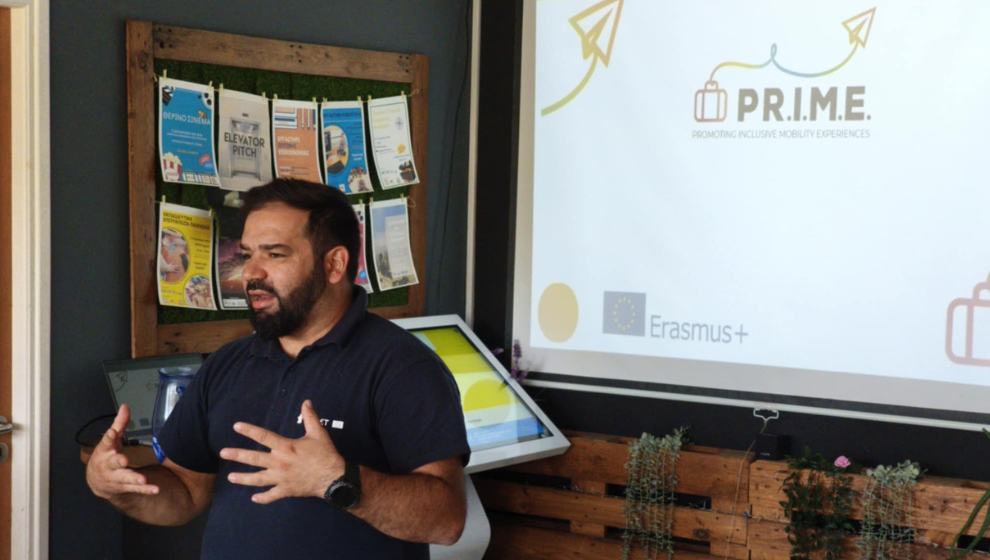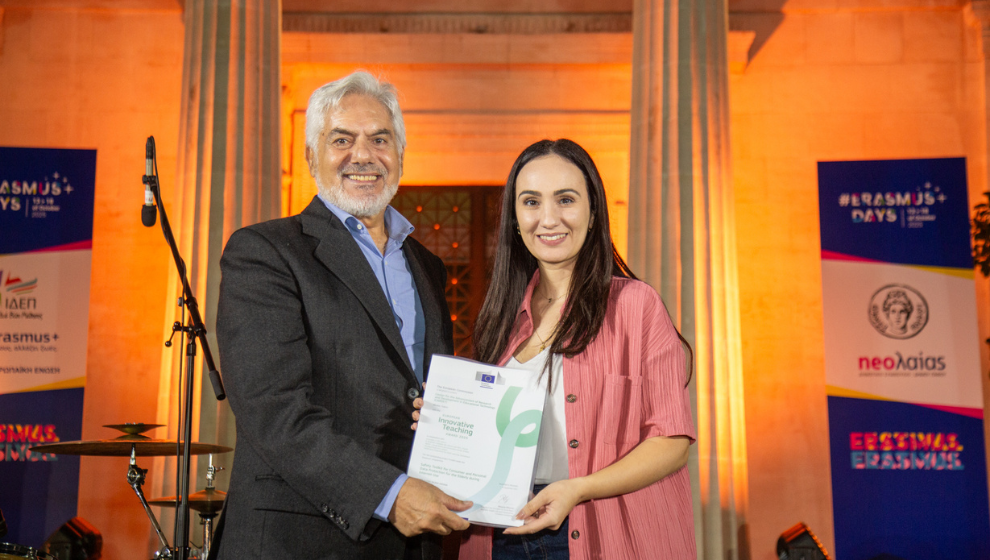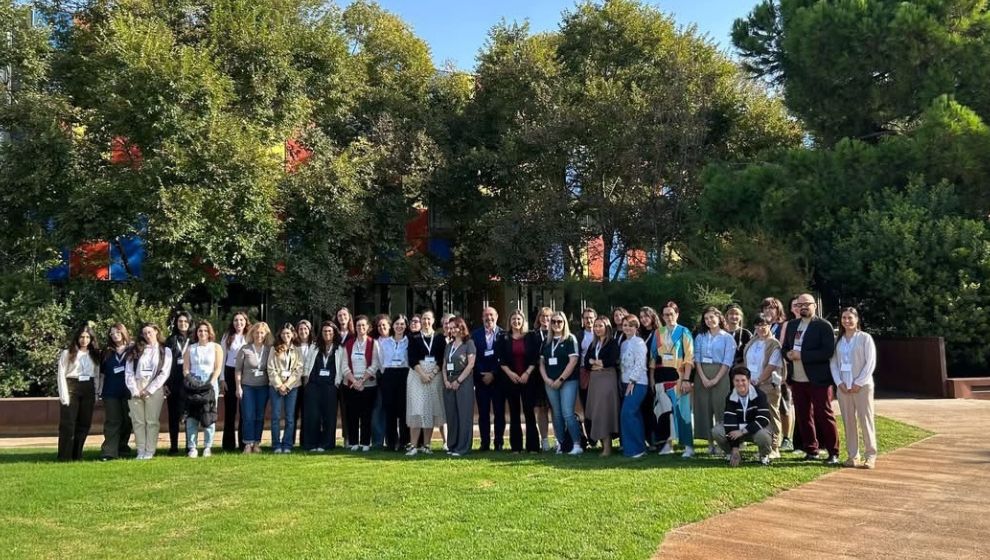
In its pursuit to revolutionise astronomy education, the ARISTARCHUS project hosted its transnational partner meeting in Cyprus on April 5. The event, coupled with a visit to the Cyprus Planetarium, aimed to propel the integration of Astronomy into primary and secondary school curricula through new tech advancements and tools.
Addressing the existing challenge of teaching astronomy effectively, ARISTARCHUS project aims to introduce a kinesthetic model of the solar system, fostering hands-on learning experiences to stimulate more engagement amongst young learners. In particular, this initiative is focused on providing a comprehensive teaching framework to guide educators in implementing engaging STEAM (Science, Technology, Engineering, Arts, and Mathematics) activities and fostering inclusivity and accessibility for all students.
In line with these goals, the study visit to the Cyprus Planetarium has played an essential role in understanding the use of the latest technologies, tools and narratives that are used in bringing astronomy into life. The partners had an opportunity to meet with the staff, as well as test out interactive boards, VR glasses amongst other tools to first hand experience how important it is to facilitate experiential learning, especially across more abstract subjects such as astronomy.
As the host of the meeting, CARDET has also facilitated discussions among stakeholders to strategise on the project’s next steps and ways to make best practices accessible to all. As the ARISTARCHUS project continues to gain momentum, stakeholders anticipate tangible results and milestones, paving the way for a generation of aspiring astronomers and scientists.
Stay tuned for more updates on the project and visit the ARISTARCHUS website for more information and additional resources.

Website
https://aristarchusproject.eu/Target Groups
Teachers, StudentsEducation Level
Primary education, Secondary, Teacher education, Professional education


